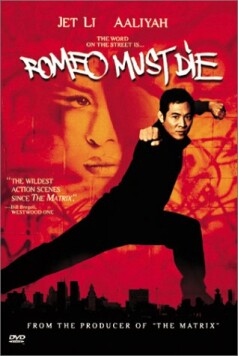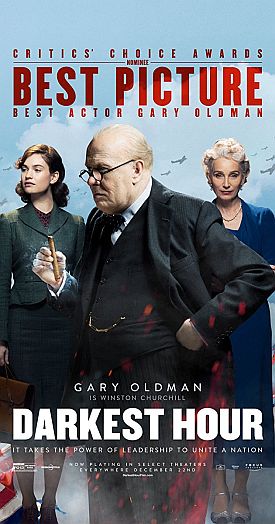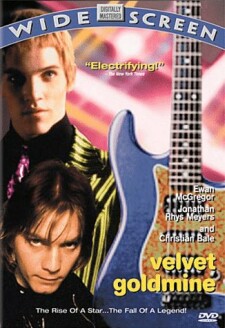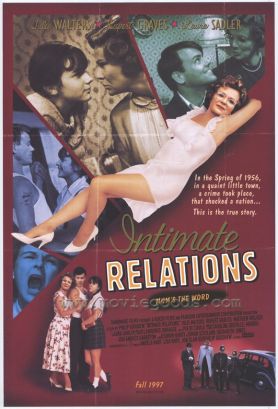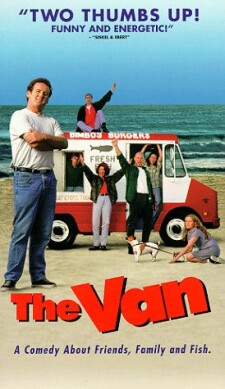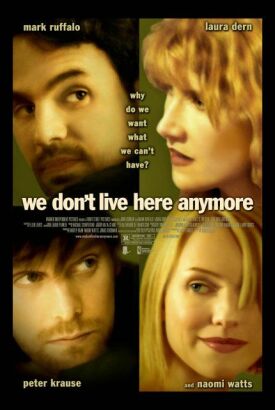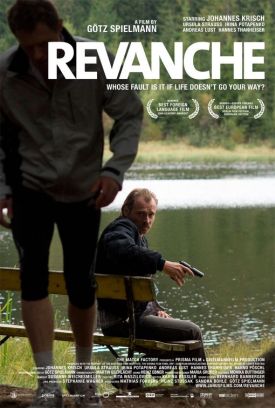Romeo Must Die
Romeo Must Die, directed by Andrzej Bartkowiak, is a movie for martial
arts enthusiasts featuring the grim and scary-looking Jet Li, allowed to play
the good guy for once, as Han, a one-man enforcer of peace on rival gangs in
Oakland, California. It is also a variant of the Romeo and Juliet story, as Han
falls for Trish (Aaliyah) the daughter of the black gang leader, Isaak O’Day
(Delroy Lindo) who is suspected of having arranged for the murder of his
brother, the other (bad) son of Han’s (bad) Chinese gang leader father. When
Trish’s own sort-of bad brother is killed, presumably by the Chinese, she and
Han team up to expose the true crooks and murderers and to bring peace to
gangland, in the process redeeming the sins of their respective fathers.
I found it was asking us to believe way too much that the Chinese father
would have connived at the death of his own son, however likely the latter might
have been to “interfere” with the crooked land deal he was planning to build a
football stadium in Oakland. Delroy Lindo’s pops is at least innocent of that
sin, though his right-hand man, Mac (Isaiah Washington), is in cahoots with the
Chinese not only to rub out the heir but to dispossess old man O’Day himself.
Naturally, the white (and presumably Jewish) property developer called Roth
(Edoardo Ballerini) is in cahoots with both and with the NFL. “You don’t play
around with the NFL; it’s their America,” he warns.
There are a couple of fairly thrilling scenes of oriental-style unarmed
combat, most notably when Han escapes from the torture cell of a Hong Kong
prison by beating up five guards in spite of the fact that he is hanging upside
down by a rope from the ceiling. But too much of the martial arts stuff is
routine and some even appears to be marred by trick photography, which the
Jackie Chan films, for instance, never resort to. It lacks the wit of the Jackie
Chan films too, save for one episode in which Han, assaulted by a gun-toting
babe on a motorcycle, says: “I can’t hit a girl,” and so is forced instead to
manipulate Trish’s body into hitting and, of course, incapacitating her. Nice to
see old-fashioned values upheld somewhere in the midst of the family
betrayals.
What is most interesting about the film, however, is its racial subtext.
Since it is obviously engineered to appeal to a largely black audience, the
Jewish businessman as villain and the dark hints about the NFL are not too
surprising. At the consummation of the deal, when O’Day is presented with a
check for $38 million, he rejects it not because it is not an easy thing to get
cashed in the ‘hood but because he wants a slice of the equity. “I really think
it’s time the NFL had a black owner, don’t you?” Roth obviously doesn’t think so
at all, but it is at this point that O’Day is betrayed by the unwitting Uncle
Tom, Mac, whose proposed “corporate restructuring” (involving the instant murder
of the boss) is only interested in cash.
The audience on the night I saw it cheered at Mr O’Day’s brief and
unsuccessful attempt to break into the lily-white ranks of NFL ownership, but
they also cheered on as the Chinese man beat up several big, beefy black guys.
One could not imagine a similar reaction if he were white. Presumably the
Chinese count as a sort of honorary blacks, only without (in this instance) the
black feeling for family. But what caused the most delight for the audience was
the character of Maurice (Anthony Anderson), big and black but also a braggart
and a blowhard who gets put down by Trish and humiliated by Han, to whom he
keeps saying with great self-satisfaction “You ain’t the only one that knows
some s***” just before being beaten up. The only thing that delighted them
nearly as much was Han’s insisting, “I know hip hop,” as he pulled down his
trousers onto his hips.
This and the white men’s fumbling attempts to use ghetto jargon create mirth
because they affirm for the mainly black audience their common membership in the
club of hip blackness. But in a way Maurice, who is like something out of “Amos
and Andy,” does so too. At one point he and his fellow O’Day family bodyguards
are playing video-games in the parlor when Isaak himself walks in. At once
Maurice leaps up and says loudly to the others: “Why ain’t you workin’, you
shiftless Negroes!” It’s the kind of joke that, in our racially sensitive,
multicultural America, white guys might not even allow themselves laugh at. But
it is also somewhat reassuring to think that black guys still can.
Discover more from James Bowman
Subscribe to get the latest posts to your email.

